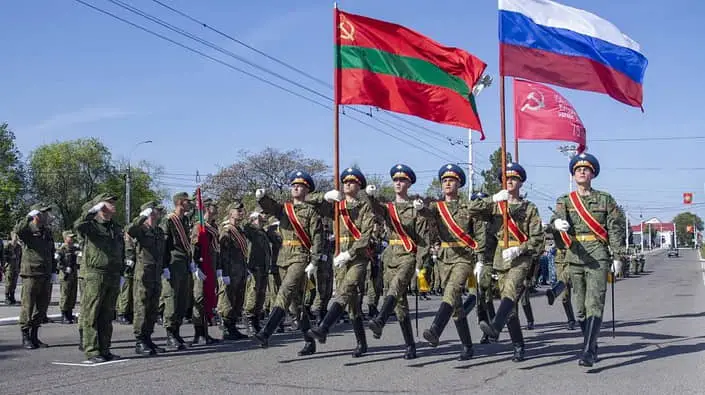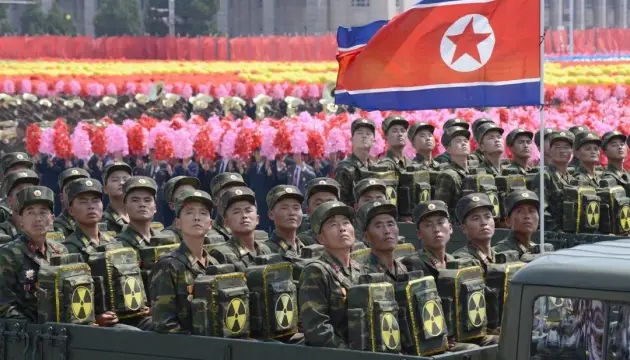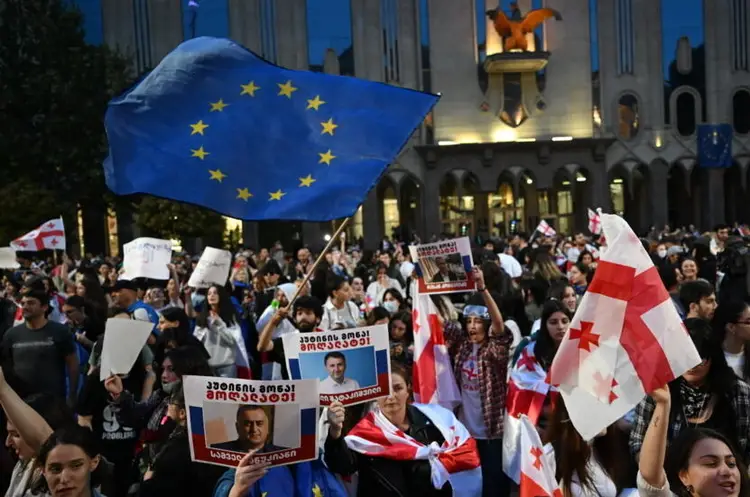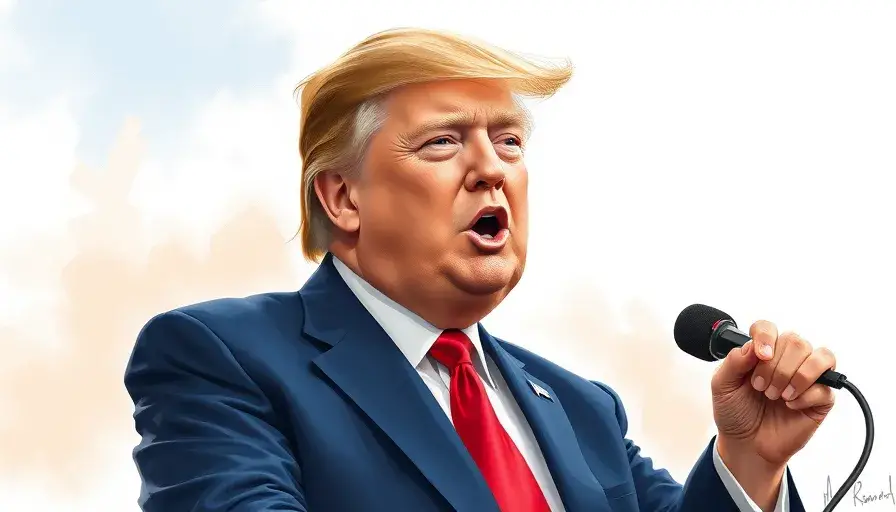Interference in Elections: Moldova Blocks Access to Russian Media Outlets
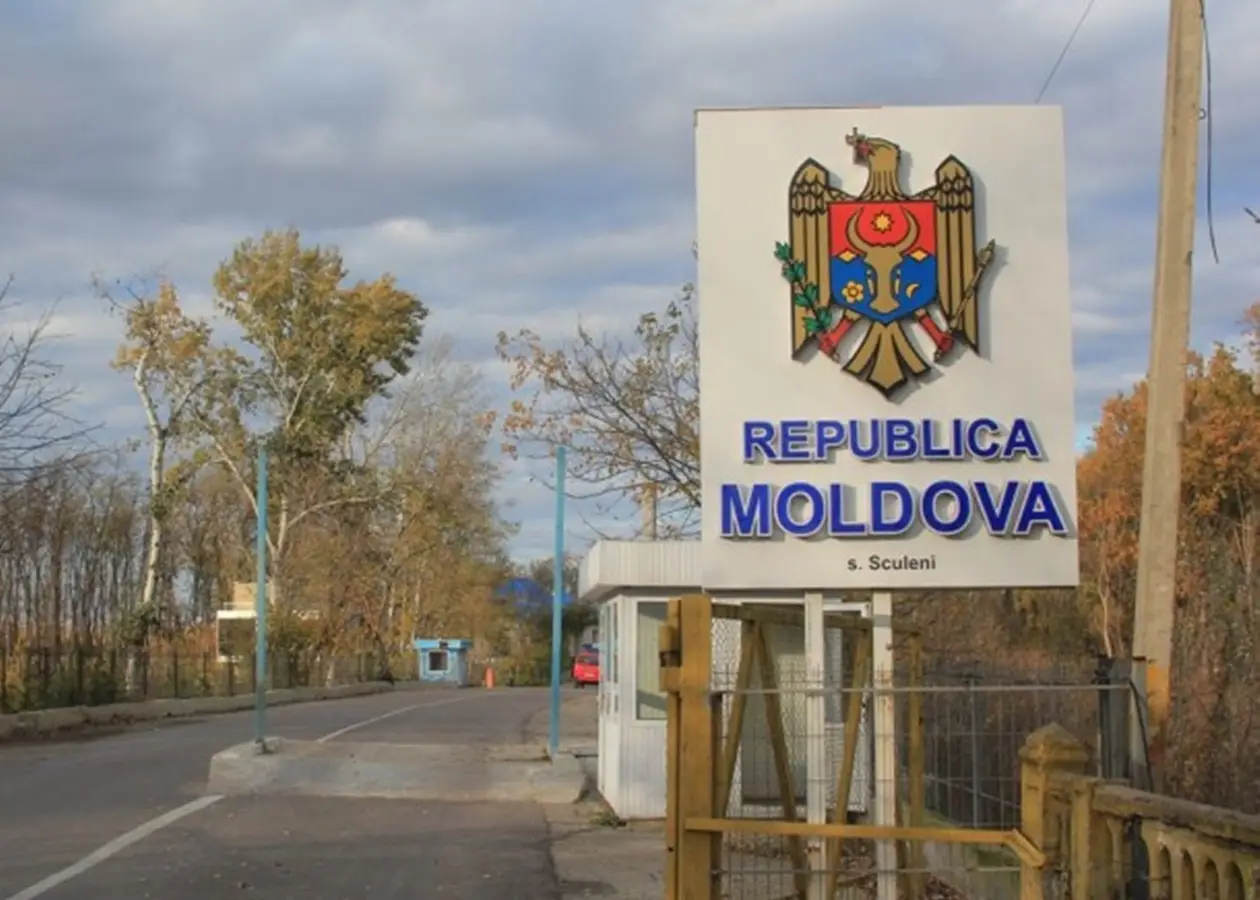
A number of Russian media outlets tried to interfere in the local elections in Moldova.
TheRepublic of Moldova has blocked access to a number of websites belonging to keyRussian media outlets. The reason behind this action is the attempt by thesepublications to influence the upcoming local elections in the country.
Moldova'sIntelligence and Security Service published a directive on October 30, whichadded Russian websites to a list of over 20 others that were blocked last weekdue to "online content used in an information war against the Republic ofMoldova," as reported by Radio Free Europe.
The newlyadded entities include the newspaper "Komsomolskaya Pravda," thewebsite "Lenta.ru," the state media TASS, and the"Interfax" news agency.
A seconddirective, also issued on October 30, suspends the broadcasting licenses of sixtelevision stations: Orizont, Prime, Publika TV, ITV, Canal-2, and Canal-3.They, too, have been accused of attempting to influence the elections.
PresidentMaia Sandu stated that the reason for these government decisions is to protectthe state and democracy from Russian Federation's attempts to interfere in theelectoral process.
Moldova'sPrime Minister, Dorin Recean, announced the decision of the ExtraordinarySituations Commission (CSE), which was proposed by the Intelligence andSecurity Service.
"Russia,through organized criminal groups, aims to influence the local elections onNovember 5 and undermine the democratic process," the head of thegovernment said during a CSE meeting.
Receannoted that the banned TV channels are affiliated with criminal organizationsthat "have joined forces to destabilize the country" and pursued theinterests of beneficiaries outside Moldova's borders.
"Thisis part of the arsenal of the hybrid war waged by Russia against ourcountry," said Alexandru Musteață, the director of the Intelligence andSecurity Service.
Among thebroadcasters whose licenses were proposed for suspension are ITV, Channel 2,and Channel 3.
In a jointstatement, ITV and other stations rejected the accusations, calling them"blatant lies without any evidence or legal basis," and accused the governmentof an "unprecedented attack" on press freedom in Moldova. Russianmedia outlets intend to challenge the decision in court.
Thepublication notes that following Russia's full-scale invasion of Ukraine,Moldova's Information and Security Service blocked access to theSputnik-Moldova website in the country, citing "disinformation related tonational security."
On March 7,2023, Moldova's authorities restricted access to five more websites of theRussian state-owned news agency Sputnik. The Russian representation in Moldovacondemned these actions and described the accusations against the outlet aspolitically motivated.


